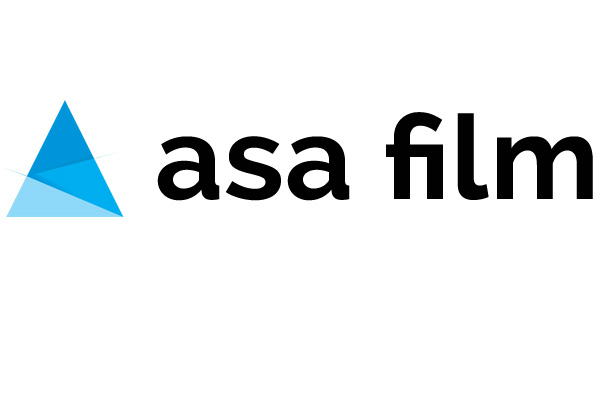Kopernik Solutions provided a sub-grant to a trusted partner organisation who is implementing this project.
A video series that adopts a socio-cultural approach designed for local audiences and aimed at changing attitude and behavior towards plastic waste and promoting better waste disposal practices.
THE PROBLEM
Indonesia is the fourth most populous country in the world, yet it is the second largest marine plastic polluter. Each year over 1.3 million tons of plastic are carried by its rivers into the surrounding oceans that are known to be some of the most biodiverse places in the world. It is estimated that the island of Bali alone contributes up to 110,000 tonnes to this plastic waste annually.
Single-use plastic packaging is very popular in Bali with plastic bags, bottles, and beauty product sachets used heavily across the island. According to the Ministry of Environment, Indonesians consume a million plastic bags per minute. In 2016 the government tested a pilot project of introducing a tax on plastic bags in 23 cities across Indonesia. While the project showed positive results in the reduction of plastic bag use, it was met with resistance from the local communities and the industry and the nation-wide plan currently remains in limbo.
In November 2017, a “garbage emergency” was declared in Bali after many of the beaches popular with tourists were inundated with trash. In response to this growing problem, the island has had some great examples of community responses, a number of ongoing local initiatives aimed at recycling and composting and a recent government policy banning plastic bags to be rolled out in 2019. However, there remains much to be done in improving local communities’ understanding of the issue and getting them to actively engage in both partaking in and advocating for solutions.
THE SOLUTION
Since early 2018, Pulau Plastik has been campaigning about plastic pollution issues to increase awareness about the hazards of single-use plastic in Bali and beyond. The main goals of this project are:
- To change people’s behavior so they refuse, reduce, reuse and recycle single-use plastics.
- To support the implementation of government policy in Bali concerning single-use plastics.
- To encourage adoption and implementation of policy concerning single-use plastics at a national scale.
One of the project activities to achieve goal 1 is the production and distribution of short educational video series. Based on the impact assessment of the pilot episode screenings, we produced four episodes cover key issues surrounding single-use plastics, including microplastics, household sorting and disposal, government policy, and the food and hospitality industry. With host Gede Robi of Navicula, the series strongly feature Balinese philosophy and its relationship with single use plastics. The episodes feature practical solutions and practical calls to action for individuals to reduce single use plastics.
These 20-minute episodes are developed for community screenings targeting Balinese audiences. The success of the short videos in creating behavior change will be measured through baseline and endline measurements towards the screening attendees.
To support this activity, we will also produce and distribute the action kits for small businesses and schools that provide concrete actions that people can take to combat the plastic problem.
PROJECT COST
Solution & Project Implementation
Costs associated with the production and distribution of action kits for small businesses and schools, as well as screening of Pulau Plastik series at community events.
$10,884
Monitoring & Evaluation
Costs associated with data collection, analysis and reporting.
$1,115
Administration Fee
Cost of transferring payments internationally, processing online donations and a contribution to Kopernik's operational costs (15%).
$2,490
Total $14,489
Kopernik Solutions provided a sub-grant to a trusted partner organisation who is implementing this project.





